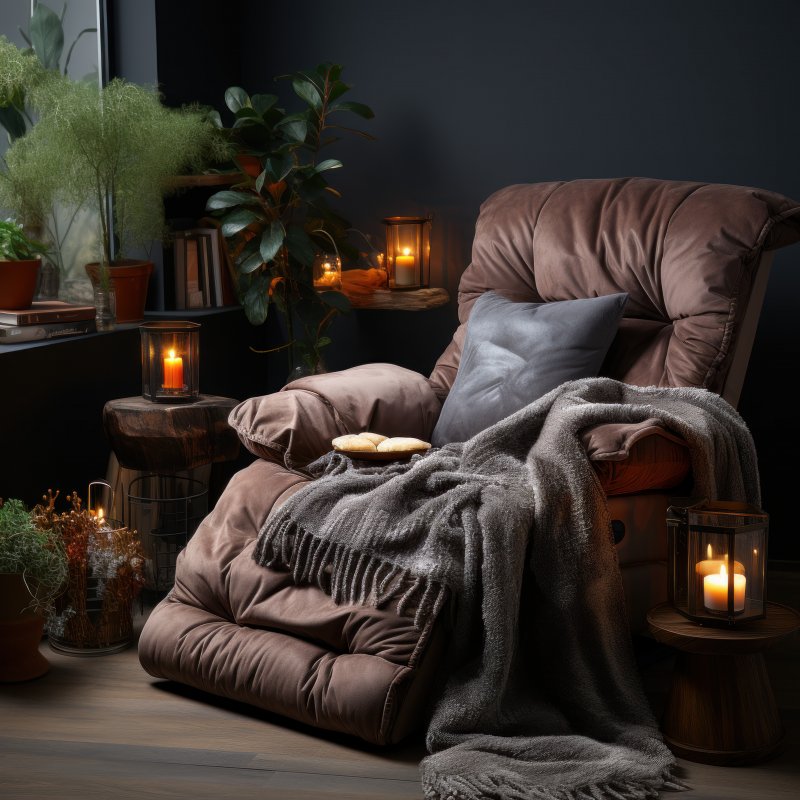
Sleep apnea is a sleep disorder that can be very serious. This condition causes sufferers to repeatedly stop and resume breathing throughout the night. When quality sleep can’t be achieved, it becomes impossible to thrive during the day. The good news is that there are steps that can be taken to reduce sleep apnea symptoms and get a good night’s rest. Some people claim that sleeping in a recliner can help, but is that recommended? Read on to learn more!
Does Sleeping in a Recliner Improve Sleep Apnea Symptoms?
The most common type of sleep apnea is called obstructive sleep apnea (OSA). This is when the stoppages of breathing are caused by the muscles in the throat relaxing and blocking the airway. It has been shown that elevating your head as you sleep can help to ease and manage the symptoms of OSA. According to a study that was completed in 2017, sleeping at a 7.5-degree angle of elevation helps to significantly improve OSA symptoms without affecting the quality of sleep. This setup helped to reduce the severity of sleep apnea by about 30%!
Which Sleeping Position Is Best for Sleep Apnea?
Not all sleeping positions are equal when you have sleep apnea. The best position to try sleeping in if you have this condition is on your side. This helps to keep the muscles in your throat from relaxing during sleep, therefore keeping the airway from collapsing and interrupting your breathing. For people who are unable to sleep comfortably on their side, sleeping in a recliner or a reclined position is a great alternative.
How Else Can Sleep Apnea Symptoms Be Reduced?
There are many different sleep apnea treatment options out there. Here are two common ones that patients find success with:
- CPAP Therapy: CPAP stands for “continuous positive airway pressure.” This treatment option requires the user to wear a mask that covers the nose and/or mouth. The mask is hooked up to a machine that continuously forces air into the airway to keep it open during sleep.
- Oral Appliance Therapy: Some people find CPAP uncomfortable, or it isn’t enough to improve their sleep apnea symptoms on their own, so they opt for oral appliance therapy. This involves wearing an oral appliance during sleep. The appliance keeps the lower jaw in a forward position to keep the airway open, allowing for uninterrupted sleep.
Sleep apnea can be a challenge to manage, but there are steps you can take to reduce your symptoms and improve your sleep quality. Making simple changes, like altering your sleeping position, can have a significant impact on catching Z’s!
About the Author
At Star Sleep & Wellness in Denton, we have a team that consists of a Sleep Dentist, Sleep Physicians, Nurse Practitioners, and a Licensed Psychologist. It is our goal to help our patients achieve the quality, uninterrupted sleep they deserve. To learn more about sleep apnea treatment or to schedule an appointment, visit our website or call (469) 772-6721.
